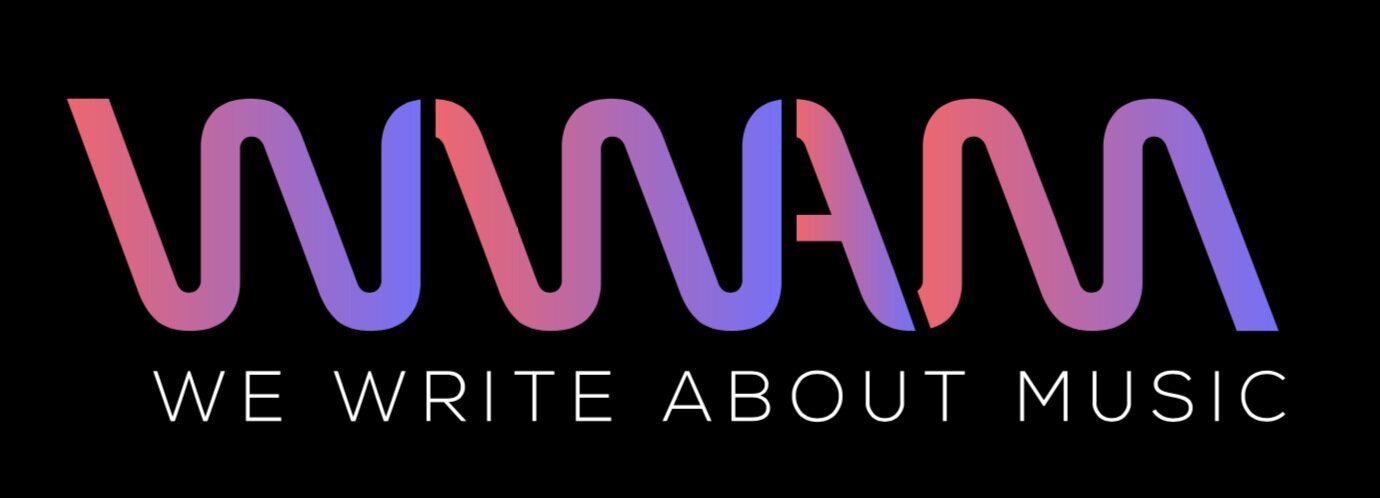Musicians & Bands who became part Of Horse Racing history
Horse racing is a sport that knows no boundaries, and any fan of the sport would agree that it is quite easy to get addicted to horse racing. Now, music and horse racing might not seem like natural bedfellows, but over the years, a number of musicians and bands have transitioned to the horse racing industry.
Some were only fans of the sport, while others got deep enough and became racehorse owners, leaving their own mark on the horse racing scene.
Now, when it comes to musicians or bands that became interested in horse racing, we cannot spot any particular patterns. Most people would say that horse racing goes best with country music but judging from the musicians that are already invested in the industry, we can spot rappers, rock stars, and folk musicians, which means that there are no rules.
This inspired us to take a closer look at musicians who are actually fans of horse racing to the point where they’ve impacted the horse racing industry one way or another.
Ronnie Wood - The Rolling Stones
First, we have the legendary Ronnie Wood, the wild-haired guitarist from the Rolling Stones, who many people don’t know is also a horse breeder. Yes, you’ve heard that right. At Sandymount Stud in County Kildare, Ireland, Wood was so into his horse hobby that it turned into a serious gig.
He has been raising thoroughbred racehorses that appeared in big races all around the world. In 1998, he even managed to get the title of Small Breeder of the Year, which was right after his homebred got wins at The Curragh - one of the biggest races in Ireland.
This shows that the world of horse racing is quite versatile, and anyone who is passionate about horses can enter the industry as long as they have some money to spare, and Ronnie Wood is good there.
Benny Andersson: ABBA
Benny Andersson, the keyboard wizard behind ABBA’s disco beats, traded sequins for saddles with a decades-long love for horse racing.
What started as a way to bond with his son grew into a full-on family affair, with 18 horses—mares, foals, and racers—spread across trainers in Sweden, Ireland, and England.
Andersson’s no casual punter; he’s owned stakes contenders and calls racing a “family thing” that rivals his pop legacy. Imagine “Dancing Queen” playing at a winner’s circle— Andersson’s brought that kind of harmony to the turf, proving he’s got more than just catchy hooks up his sleeve.
MC Hammer
MC Hammer danced his way to the top of the charts in the ‘90s, but he also hammered out a spot in racing history with Oaktown Stable.
At his peak, Hammer owned 19 thoroughbreds, and his filly Lite Light stole the show, romping to a 10-length win in the 1991 Kentucky Oaks—a Grade 1 jewel. We are talking about a warm-up event that leads to the Kentucky Derby. So, if you are looking to catch some horse racing this weekend, there are plenty of prep races before the main event.
His colt Dance Floor added a Fountain of Youth Stakes and a Kentucky Derby third to the tally. Hammer’s larger-than-life persona—parachute pants and all—lit up the racetrack, turning heads as much as his horses did.
Even after the fame faded, he’s still spotted at meets, but it is sad to see that horse racing is what made MC Hammer go bankrupt.
Bing Crosby
Bing Crosby didn’t just sing about white Christmases—he co-founded the Del Mar Thoroughbred Club in 1937, giving California racing a Hollywood glow. With buddies like Pat O’Brien, Crosby opened the track with a $600,000 wager on day one, setting the tone for its glitzy vibe.
His tune “Where the Turf Meets the Surf” became Del Mar’s anthem, crooned daily to this day. Crosby wasn’t breeding champs, but he raced a few, and his star power drew crowds—think Sinatra at the rails. His legacy’s etched in the track’s DNA, a smooth voice over the galloping beat.
Dan Fogelberg
Dan Fogelberg, the ‘70s soft-rock troubadour, never owned a horse, but he immortalized racing with “Run for the Roses.”
Written for the 1980 Kentucky Derby—a race he’d never seen live—the song traces a colt’s journey from foal to Churchill Downs glory. Released on 1981’s The Innocent Age, it’s become a Derby staple, its tender chords as much a tradition as mint juleps. Fogelberg’s no trackside regular, but his ballad gave racing a soundtrack, proving a guitar can capture the thunder of hooves as well as any photo finish.
Stephen Foster
Stephen Foster, the 19th-century folk maestro, didn’t live to see modern racing, but his tunes laid early tracks.
“Camptown Races” (1850) paints a rollicking day at the races—five miles long, doo-dah!—while “My Old Kentucky Home” became the Derby’s tear-jerking hymn, sung annually since the 1920s. Foster never bet a dime (he died broke in 1864), but his songs tied horse racing to American culture. Controversy lingers—his lyrics reflect a troubled era—but their staying power at the track is undeniable, a ghostly banjo strumming through history.
Jack Harlow
Jack Harlow, the Louisville-born rapper, grew up in the shadow of Churchill Downs, where Derby fever’s a way of life. In 2022, he got the hometown nod—performing at the Kentucky Derby’s Barnstable-Brown Gala and hyping the crowd trackside.
Harlow’s not breeding or betting big (yet), but his “First Class” swagger fits racing’s high-stakes vibe.
As a native son, he’s less a player and more a cheerleader, amplifying the Derby’s cultural clout with every rhyme. He’s the new kid on the block, linking hip-hop to horse country. Which is your favorite musician who turned into a horse racing enthusiast?
Like what you read? Follow our social media and playlist for the latest in independent music:

